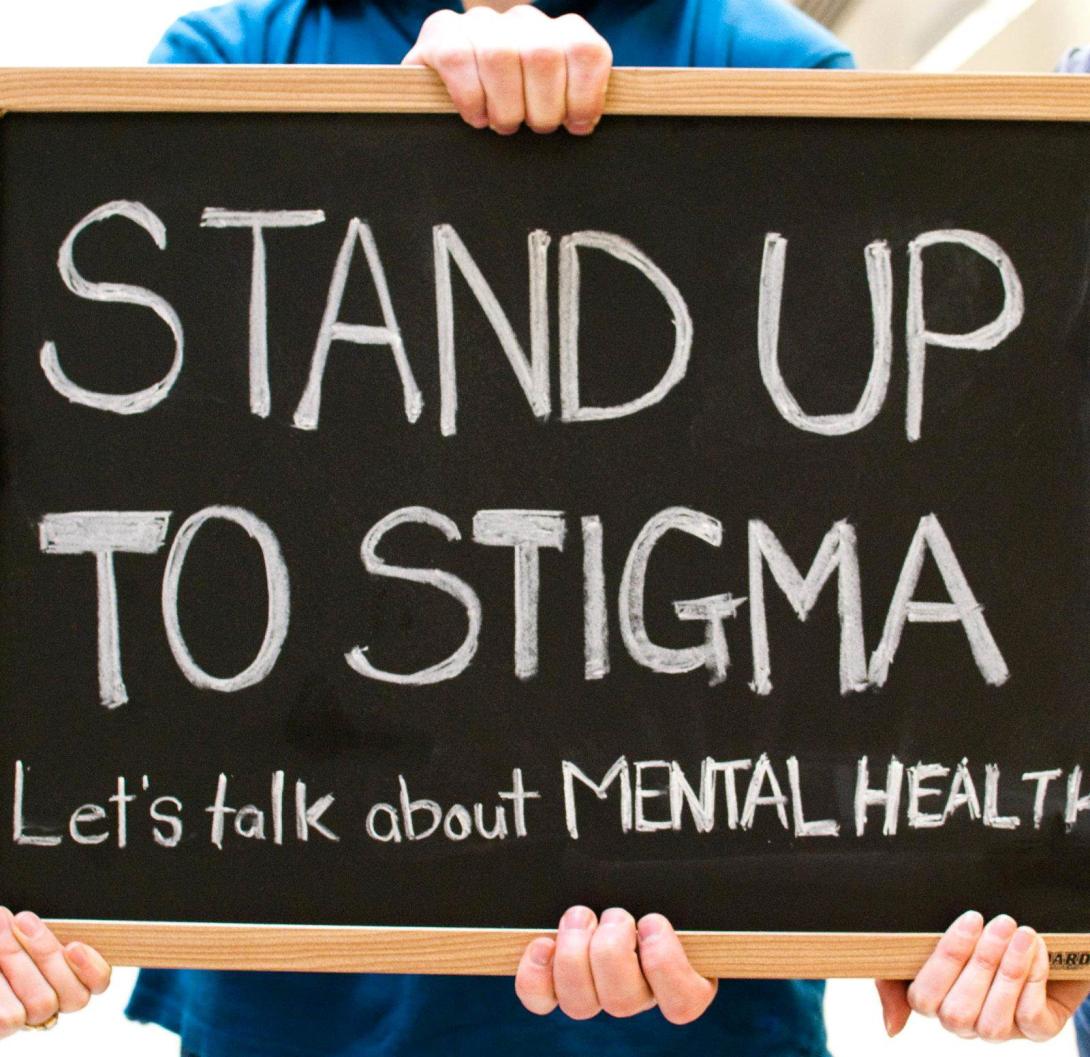What is Stigma?
Stigma is the use of negative labels to identify a person living with mental illness. Stigma is a barrier and discourages individuals and their families from receiving the help they need due to the fear of being discriminated against.
An estimated 50 million Americans experience a mental disorder in any given year and only one-fourth of them actually receive mental health and other services. Stigma is a large part of why these people do not seek the help they need.
The stigma that surrounds mental illness and those who experience it is very pervasive and ubiquitous. It is important to realize that common myths promoted by the media and popular culture are often inaccurate and destructive.
As an ally to those with mental illnesses, an important message to portray to your family and friends in need is “You’re not alone.” The facts presented to you earlier should help you realize that mental health disorders are quite common. The statistics below may be helpful for those students that may be seeking help.
During the 2014–2015 academic year:
- Almost 4,000 U-M students of varying race, cultures, and religions sought help at CAPS (Counseling and Psychological Services) and made a first appointment for a variety of mental health concerns.
- CAPS scheduled about 1500 appointments per month
- About 71% reported that they were concerned about anxiety.
- About 64% reported that they were concerned about depression.
- About 47% reported that they were concerned about their self-esteem.
- About 46% reported that they were concerned about their academic success.
- About 25% reported that they were concerned about their relationships.
If someone approaches you, or you notice your friend may be in need of help and they are afraid to seek help, let them know that “you’re not alone,” that many students seek help for various personal issues, including those described above, and others including concerns about grief and loss, sexual orientation, eating and body image, substance abuse, and sexual assault.

